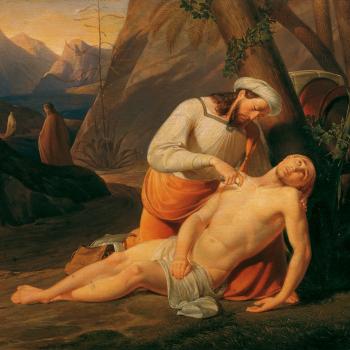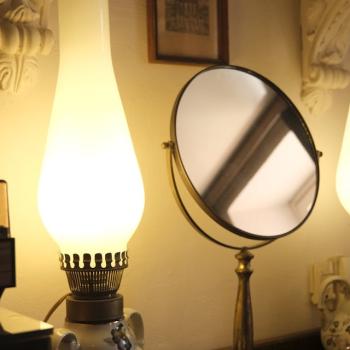Broadcast television is facing stiff competition from services such as Netflix, which is now streaming original programming. The traditional networks are complaining that Netflix, like HBO, can present taboo content and language that they can’t.
Now Netflix is presenting uncut, uncensored material that NBC found too shocking: Letting Veggie Tales talk about God.
Netflix is running new Veggie Tales stories, a franchise now owned by DreamWorks, but unlike the cartoons’ unhappy experience on network TV, the talking vegetables with Christian roots (sorry!) can now once again use explicit language, such as “God loves you.”
From Megan Basham, WORLD | From stumbling block to selling feature | Megan Basham | Dec. 13, 2014:
Now owned by DreamWorks, the faith-inspired anthropomorphic vegetables have gone through multiple incarnations since their debut in direct-to-consumer videos in 1993, including leaps to the big screen and broadcast television. Nov. 26 marks yet another milestone as the characters premiered in a 22-minute, Looney Tunes–style cartoon series on Netflix titled VeggieTales in the House.
The online streaming media provider’s approach to the Veggies says volumes about how technology is changing the nature of entertainment and creating broad opportunities for Christian screenwriters and artists.
In 2006, NBC entered into a deal with VeggieTales’ production company, Big Idea Entertainment, to adapt the films into a show for its Saturday morning animated block. However, the network faced considerable backlash for first scrubbing the films of their characteristic biblical themes.
“Unfortunately, I think when NBC made the commitment to airing VeggieTales they hadn’t actually watched any,” VeggieTales creator Phil Vischer told me. “It was not pleasant. I had been told up front they were fine with the content, then about a month later they came back and said, ‘Wait a minute, you can’t say God loves you on network television!’ So the editing had to commence, which I was not a part of and was not happy with.”
Vischer’s founding partner, Mike Nawrocki, recalls that NBC at first tried to place the blame on FCC regulations but later backed off from that explanation, admitting they didn’t want to be seen as advocating a religion. In contrast, Vischer and Nawrocki say VeggieTales’ Christian content wasn’t a stumbling block for Netflix. In fact, it was a selling feature.
Both DreamWorks and Netflix were explicit with Vischer and Nawrocki about their interest in pursuing a Christian audience, pointing out that one of the advantages of online providers is that they can go after specific viewers and don’t have to be all things to all people.
“When we were acquired by DreamWorks a couple of years ago, Netflix requested a handful of properties to do exclusive series,” says Nawrocki. “VeggieTales was one of those specifically because of the audience we bring and the message and the lessons that we incorporate into the show. Netflix was not interested in changing those and neither are we, so it worked out great.”
[Keep reading. . .]












